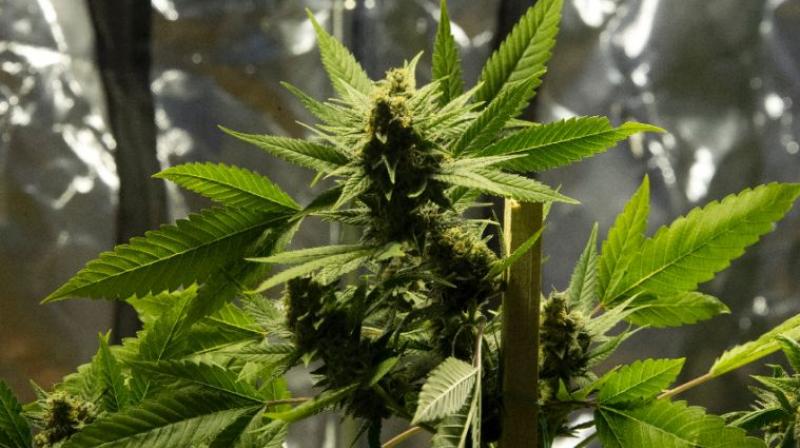French study claims legalising marijuana may lead to increased use of the drug
Legalisation of marijuana had eased the caseload of the police and judiciary.

Legalising marijuana can lead to increased use of the drug, according to a French study that looked at consumption levels in two US states and Uruguay in the midst of a debate over France's narcotics laws.
The study conducted by France's National Institute of Higher Security and Justice Studies and the French Observatory for Drugs and Drug Addiction examined data from Washington and Colorado, which in 2012 became the first two US states to legalise marijuana for recreational use.
Like several US studies on the subject it noted that legalisation in the states had not increased marijuana use among teenagers, "which nonetheless remains at a high level."
Among adults, however, marijuana use had increased, particularly among over-25s, the French researchers found.
But in Uruguay, which in July became the first country to legalise marijuana nationwide, "all the indicators of use have risen", including among teens, the study showed.
In the two American states, the legalisation had led to a "significant" increase in the number of people admitted to hospital with suspected cannabis poisoning, particularly tourists, it added.
On the economic front, it found that sales of recreational marijuana in Colorado and Washington had steadily increased, reaching $1 billion a year in each case.
State tax receipts from the sales had surpassed taxes on cigarettes, the report said, while noting that legalisation had not stamped out marijuana trafficking.
In Uruguay, trafficking was driven by the huge gap between demand and legal production, which accounted for just 10 to 20 percent of marijuana use.
In the American states, by contrast, the black market was being fuelled by the higher cost of over-the-counter marijuana, the report concluded.
The researchers acknowledged, however, that legalisation of marijuana had eased the caseload of the police and judiciary.
In France, marijuana use is a crime punishable by up to a year in prison and a fine of 3,750 euros ($4,400).
President Emmanuel Macron has proposed easing the penalty to an on-the-spot fine.

